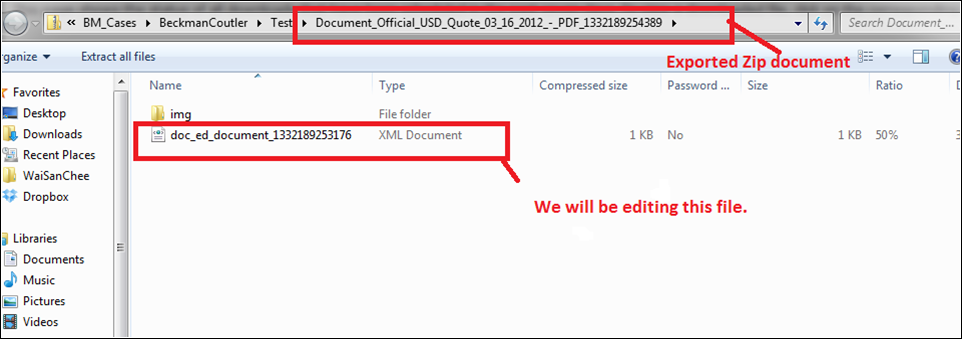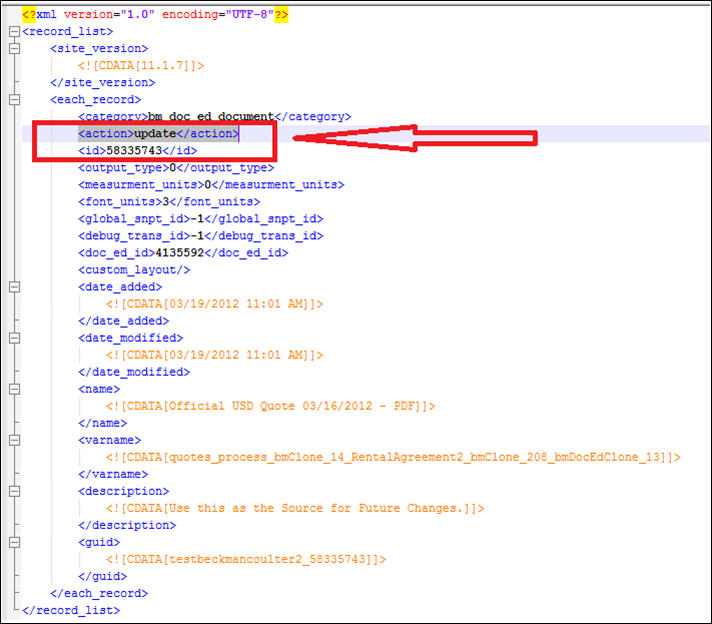Document Migration: Document Engine
Overview
You can migrate Document Engine documents through the Migration Center. With Document Engine you also have the option of manually downloading and uploading templates.
Use the Migration Center to migrate Document Engine documents. For more information, see the topic Migration Management Overview.
There are two migration methods for Document Engine templates:
- Updating the template
Use this method when your source and target instances have been refreshed with each other, and are in sync. This method only works if you edited an existing template in your source instance, and, when you export and migrate the template to your target instance, an old copy of that template exists on the target (from the refresh) in the Document Editor List page. Otherwise, you get an error that the source cannot be found.
This is the default method for migrating Document Engine templates. - Adding the template
Use this method if your template does not exist on the target site. Export your template , and edit an .XSL file to tell the system to add the template instead of updating it.
Your source and target instances must still have been refreshed with each other, otherwise your Commerce system will be out of sync and you will not be able to add the new template.
Administration
- Click the blue arrow to export the template.

- Save the resulting ZIP file and open it.

- Open the .XSL file in any code editor, and search for
<action>update</action>.

- Change this line to:
<action>add</action>. - Remove the entry in the
<id></id>field. This ID field contains the Transaction ID of the quote that is from your source site, so the information might cause errors when you are trying to import this information. - Save the .XSL file, re-zip it with the “img” folder, which contains the actual XSL code for your template, and import the ZIP file into your target site.





